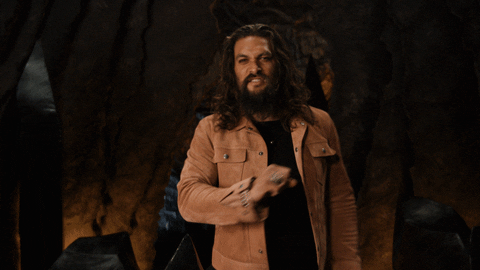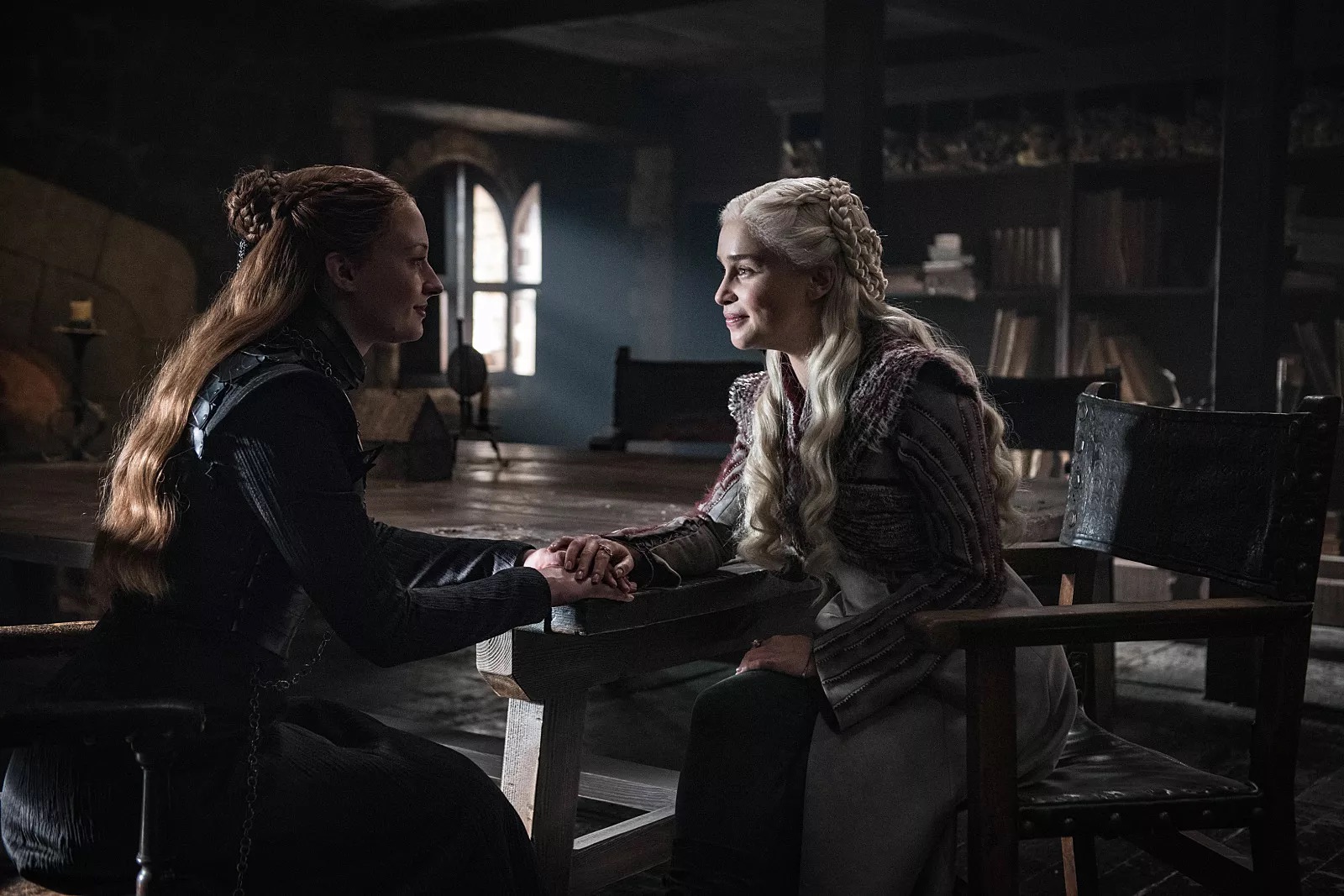As I write this, we’re just four days away from Game of Thrones Season 8 Episode 3. (Edit: Uhh… well, here’s how that went.)
The white walkers and the wights are at the gates of Winterfell. The moment we’ve been waiting years for is finally here. Our heroes — many of whom have fought against each other over the past 8 seasons — have all united for [what they hope will be] one last showdown between the living and the dead.
And yet, for all the buildup, I have to say I’m feeling… underwhelmed?

#liveauthentic
Not by the dramatic stakes. After all, it doesn’t get much more dire than 99% of the living characters trapped in a castle as they make their brave last stand.
And not necessarily by the character interactions, because the writers have had to juggle literally dozens of multi-year subplots and try to find a way to give every character at least one satisfying moment in the first two episodes of this season before the majority of them will (probably) die tragically in the next episode. (That’s not a spoiler, it’s just a prediction. This is not a show that promises happy endings.)
No, what’s underwhelmed me so far is the dialogue.
Granted, not everyone can write dialogue that’s good as, say, this scene from The Wire.
And to be fair, this has been a recurring GoT problem since somewhere around Season Five or Six, ever since showrunners D. B. Weiss and David Benioff ran out of source material from author George R. R. Martin’s A Song of Ice and Fire books and had to make the HBO series up largely by themselves.
RELATED POST:
Despite their impressive dexterity in adapting those complicated books to the screen, they’ve proven less adept at filling in the unwritten gaps and blank pages.
This has resulted in two straight episodes of banal, on-the-nose dialogue. At times, Game of Thrones Season Eight feels as if it’s being written by a horny twelve year-old who’s obsessed with dick jokes and has never heard of subtext.
But the worst part is a recurring dialogue quirk that’s undercutting the show’s drama by taking the easy way out, over and over, whenever legitimate tension arises between two characters.
The Worst Way to Write a Dialogue Scene

#awkward
In the first episode, Sansa and Jon are arguing about his allegience to Daenerys when Sansa asks him, point blank, “Did you bend the knee to her because you wanted to protect the North, or because you love her?”
It’s a good question, and Jon doesn’t have an easy answer… but luckily he doesn’t have to, because their conversation is interrupted to announce that something else important is happening elsewhere.

#besties
In the second episode, Dany comes to play nice with Sansa and try to make peace. It looks like they’re finding common ground and empathizing with each other for a moment before the big battle to come. And then Sansa asks her, point blank, “What about the North? After this is over, and you take the Iron Throne, what happens to us?”
It’s a good question, and Dany doesn’t have an easy answer… but luckily she doesn’t have to, because their conversation is interrupted to announce that Theon Greyjoy has arrived and their attentions are diverted.

#relationshipgoals
Later in this episode, Jon finally reveals to Daenerys the big secret that he himself only just learned last week: that he’s the son of her brother Rhaegar Targaryen, who loved and secretly married Jon’s mother, Lyanna Stark. The world thought Jon Snow was Ned Stark’s bastard son, but the truth is out: Jon is really Aegon Targaryen, the last male heir in the Targaryen line.
Dany recoils in shock and disbelief, made more skeptical by the fact that the only two people who corroborate this story are Jon’s brother Bran and his best friend Samwell Tarly. “If that’s true… then you’d have a claim to the Iron Throne,” says Dany, whose entire reason for existing is to reclaim the Iron Throne for herself.
It’s a good question (not that it’s phrased as one, but it’s still a leading statement), and Jon doesn’t have an easy answer… but luckily he doesn’t have to, because their conversation is interrupted by three horn blows which announce that the white walkers have arrived.
So, yes, three consecutive moments of high tension have been interrupted by a character literally getting saved by the bell (or the horn).
This is a blatantly lazy writing trope that soap operas have been using for decades: have characters exchange dramatic information, reach a point of extreme tension, and then interrupt them with a sudden “meanwhile” to drag that unanswered question out for a few more scenes… or episodes… or years.
Do this once and it feels like verrrrrrry convenient melodrama.
Do this twice and it’s suspiciously lazy for the most-watched show on cable.
But do this three times and it becomes laugh-out-loud funny — which is exactly what I did when that horn blew. I’m pretty sure that is not how George R. R. Martin wanted his fans to react to the most dramatic moment so far in the history of his beloved series.
Hopefully that scene works better on the page when he finally writes his own version.
More Game of Thrones Posts
How “The Bells” Ruins Several Major Character Arcs in Game of Thrones
Why Game of Thrones’ Battle of Winterfell Is Such Disappointing Storytelling
What Game of Thrones and The Walking Dead Can Teach Us About Modern Storytelling


0 Comments